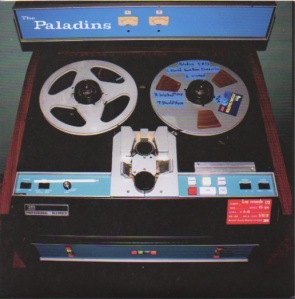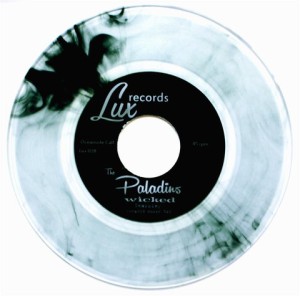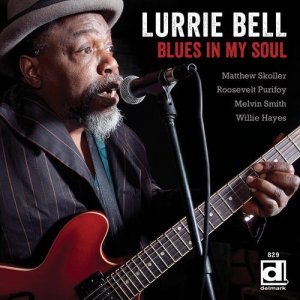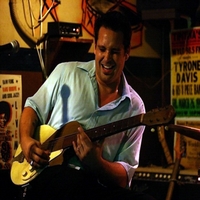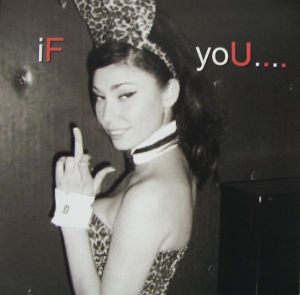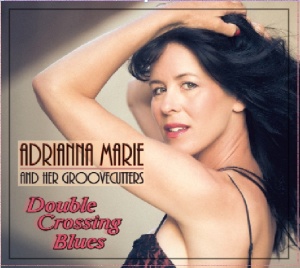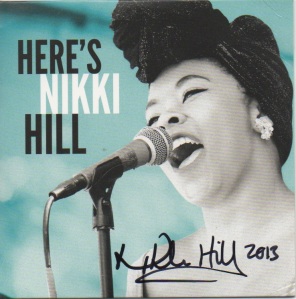The Paladins
Should Have Been Dreamin’ b/w Wicked
Lux Records 7”, 2013
http://www.luxrecordsusa.com/products/thepaladins-45-vinyl-wicked
https://www.facebook.com/thepaladinsband
Update: Wicked is now available as a digital download –
Nick Curran’s death was without question the worst news I received in 2012. Second on my list was the breakup, right about the time their second album was to be released, of the Stone River Boys, the country soul band fronted by Dave Gonzalez and Mike Barfield. As has been said, one door closes, another opens. Just as the Stone River Boys offered musical consolation after Chris Gaffney’s death in 2008 put a premature end to the sublime Hacienda Brothers, Gonzalez’s previous band, so have recent developments rekindled hope that the mighty Paladins will rise again. In the past few months, an official Facebook page has appeared; a few live dates have been scheduled and played; and a 45 rpm vinyl record presenting two new songs has been issued by Lux Records.
The last great Paladins lineup of Dave Gonzalez (guitars and vocals), Thomas Yearsley (bass), and Brian Fahey (drums) is reunited on this 7”. Briefly, the single is essential listening for R&B aficionados in general, and, although the band’s roots-rocking side is sublimated here in favor of the soul sounds Gonzalez developed in the Hacienda Brothers and SRB projects, for Paladins fans in particular.
“Should Have Been Dreamin’,” the record’s instrumental A side, reaches back to the mid-‘60s for a sweet soul/rock ‘n’ roll combination, with splashes of surf. Organ, guitar, and baritone guitar outline a lovely melody atop a soul-clap snare drum pattern. A leisurely paced number that builds in intensity, it reminds me in a small way of the dreamlike interpretations by Ry Cooder and Duke Levine of “It’s Gonna Work Out Fine” (but not Ike & Tina Turner’s stuttering original).
The hip flip side, “Wicked,” is a blues/pop/rock/soul number. There are some very cool rhythmic things going on, with the palm-muted staccato guitar figure sketching a vaguely Latin groove. Quick, stark shifts between minor key verses and romantic, major key interludes that suggest the soulful work of Thee Midnighters produce an uneasy feeling. Haunting organ, bluesy guitar, an ominous lyric, a spoken section heavy with echo, and a key signature that tests the top end of Gonzalez’s natural singing range all add to the song’s dramatic impact.
The Paladins are back. Let’s hope these two excellent songs presage a full-length album. In the meantime, this boss single is a limited edition release, so get it while you can.
TOM HYSLOP
I bought this single from the Lux Records Web site.
